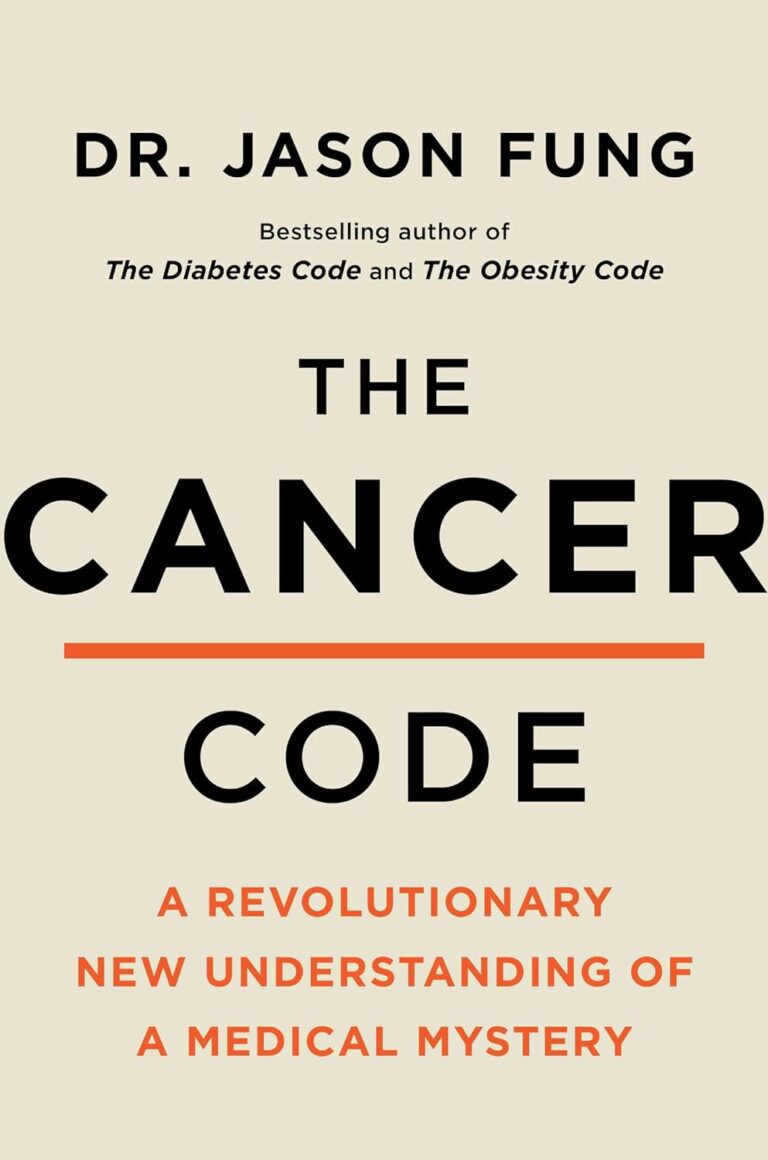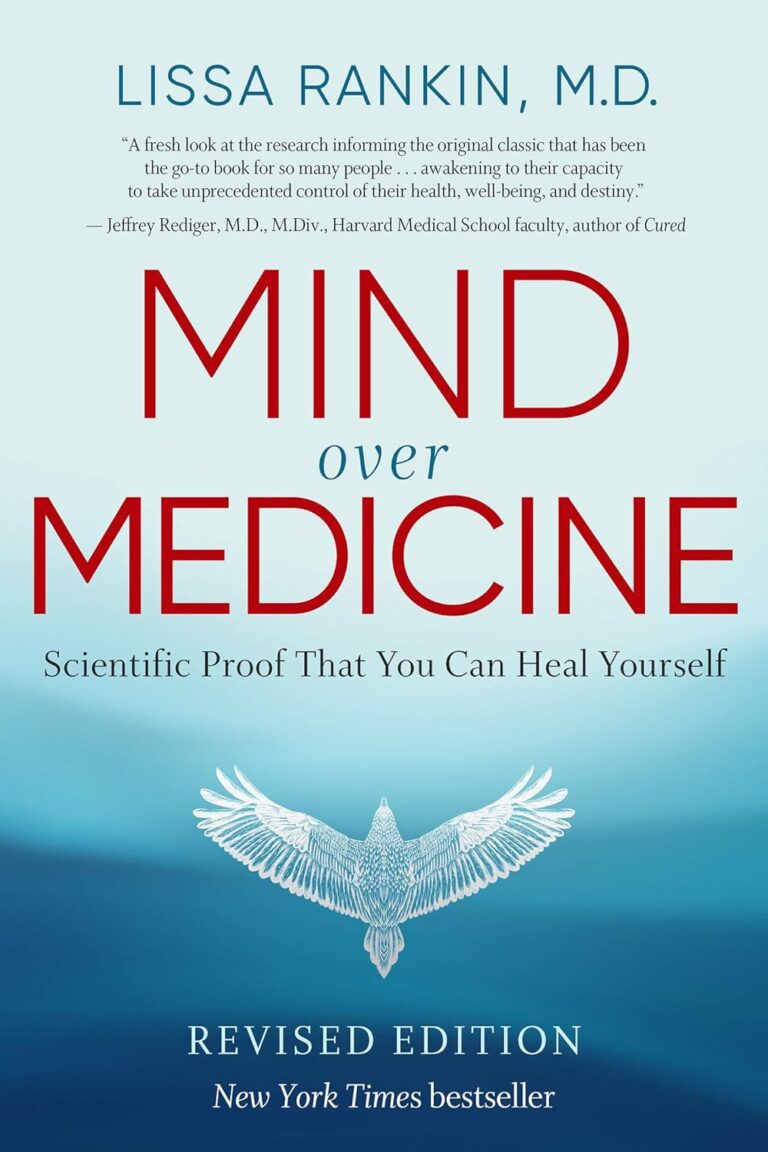
In this comprehensive guide, we will delve into the complex world of cachexia, a condition often misunderstood yet prevalent in various clinical scenarios. By discussing all facets of cachexia – what it is, its causes, symptoms, diagnosis, treatment, coping strategies as well as answering frequently asked questions, we aim to present a holistic perspective on this condition.
Brief Overview of Cachexia
Cachexia, derived from the Greek words ‘kakos’ and ‘hexis’ meaning bad condition, is a complex metabolic syndrome associated with underlying illnesses and characterized by a loss of muscle mass, with or without loss of fat mass. This condition leads to progressive functional impairment, and its pathophysiology is characterized by a negative protein and energy balance, driven by a mix of reduced food intake and abnormal metabolism.
Importance and Relevance of Understanding Cachexia
The importance of understanding cachexia lies in its prevalence: it is often associated with various illnesses, including cancer, chronic obstructive pulmonary disease (COPD), heart failure, HIV/AIDS, and kidney disease, and reportedly affects around 9 million people worldwide. Knowledge about cachexia supports early detection, aids appropriate intervention, and improves the overall quality of life of patients and caregivers.
Understanding Cachexia: An In-depth Definition
Detailed Medical Definition of Cachexia
Cachexia is a multi-factorial syndrome defined as an ongoing loss of skeletal muscle mass leading to progressive functional impairment. This condition cannot be fully reversed by conventional nutritional support and leads to progressive functional impairment due to a combination of reduced food intake and abnormal metabolism.
Differences Between Cachexia and Similar Conditions
Cachexia differs from similar conditions like malnutrition and wasting syndrome, primarily in causation and reversibility. Malnutrition is caused by inadequate nutrient intake, and can be reversed by improved nutrition. Wasting syndrome, seen in conditions such as AIDS, consumes both muscle and fat mass, whereas cachexia particularly attacks muscle mass. Additionally, cachexia’s impact is more severe because of its underlying disease and heightened inflammation.
The Underlying Causes of Cachexia
Overview of the Most Common Diseases Associated with Cachexia
Cachexia is often seen in the advanced stages of serious illnesses such as cancer, COPD, heart failure, HIV/AIDS, and kidney disease. Beyond these, it can also be a symptom of rheumatoid arthritis, multiple sclerosis, tuberculosis, and other chronic conditions.
Discussion on How These Diseases Lead to Cachexia
These diseases lead to cachexia by inducing an inflammatory response that negatively impacts appetite, absorption of nutrients, and metabolism, leading to muscle wasting. Furthermore, some illnesses like cancer produce substances that break down fats and proteins, accelerating the process.
Role of the Body’s Response to Illness in Cachexia Development
The body’s response to chronic disease plays a significant role in cachexia development. During a disease, the body’s metabolism increases, triggering an inflammatory response. This elevated metabolism and inflammation further results in increased energy demands and muscle protein breakdown thus contributing to cachexia development.
Recognizing the Symptoms of Cachexia
List of Common Cachexia Symptoms
Common symptoms of cachexia include unexpected weight loss, loss of appetite, fatigue, weakness, anemia, and edema. The reduced muscle mass may cause difficulty in performing daily activities, leading to decreased mobility and added fatigue.
Understanding How These Symptoms Affect a Patient’s Daily Life
Decreased mobility due to muscle wasting can have a profound effect on the daily life of a cachexia patient. Potential consequences include decreased independence, reduced ability to engage in physical activity, and increased difficulty in performing routine tasks, impacting their overall quality of life.
Why Early Detection is Important in Managing Cachexia
Early detection of cachexia allows interventions to be administered at the point when they can be most effective, which is crucial for improving the patient’s prognosis, quality of life, and survival rate.
Get to know us better
If you are reading this, you are in the right place – we do not care who you are and what you do, press the button and follow discussions live

The Diagnostic Process for Cachexia
Explanation of the Tests Used in Diagnosing Cachexia
The diagnostic process for cachexia may involve body composition analyses, lab tests such as blood count, liver, kidney, and thyroid function tests, and assessments of food intake and physical activity. Other tests may be ordered based on the underlying disease.
The Role of Healthcare Professionals in Diagnosing Cachexia
Healthcare professionals’ role is vital in diagnosing cachexia. They assess the patient’s physical condition, review medical history, perform necessary tests, and integrate these data to diagnose cachexia, as well as distinguish it from similar conditions.
Understanding the Diagnostic Criteria for Cachexia
The diagnostic criteria for cachexia includes involuntary weight loss exceeding 5% of body weight over past 6-12 months, a BMI less than 20 kg/m² with any degree of weight loss greater than 2%, or appendicular skeletal muscle index consistent with sarcopenia (muscle loss) in the presence of chronic disease and systemic inflammation.
Treatment and Management Strategies for Cachexia
Overview of Current Cachexia Treatments
Presently, the primary approach to treating cachexia is addressing the underlying disease while simultaneously managing the symptoms. Medications such as appetite stimulants, anti-inflammatory drugs, and drugs to inhibit muscle wasting can be given. Nutritional support and physical therapy are also often recommended.
Description of How These Treatments Work
These treatments work in combination to reduce inflammation, slow muscle wasting, stimulate the appetite, increase nutrient intake, and enhance muscle strength, thereby slowing the progression of the syndrome and improving quality of life.
Role of Diet, Exercise, and Lifestyle Changes in Managing Cachexia
Dietary interventions help increase calorie and protein intake to offset the impact of cachexia. Exercise, particularly resistance training, helps improve muscle strength and function. Lifestyle changes such as quitting smoking, limiting alcohol, and maintaining healthy sleep habits contribute to overall health and wellness.
Discussion on Future Potential Treatments for Cachexia
Future potential treatments for cachexia include drugs that directly inhibit the muscle degeneration process. Gene therapy, modifying metabolic pathways, and using new technology like electrical muscle stimulation are also being studied. Although these potential treatments are in various stages of clinical trials, their promise for future care is optimistic.
Living with Cachexia: Coping Strategies for Patients and Families
Tips for Individuals Diagnosed with Cachexia
For those diagnosed with cachexia, regular medical reviews are essential. Adhering to the treatment plan, maintaining a balanced diet, and participating in physical activity as tolerated can enhance wellbeing. Psychological and social support are also crucial.
Advice for Families and Caregivers
For caregivers, it’s vital to offer support, encourage medical adherence, provide balanced meals, and facilitate safe physical activity. Attending to the physical needs of the patient should be complemented with emotional support for them to confidently cope with the illness.
Importance of Mental and Emotional Support
Mental and emotional support is crucial as individuals with cachexia may experience emotional distress due to their physical decline. Support from family, friends, and mental health professionals can help patients cope better and improve their quality of life.
Conclusion: A Summary of Cachexia and Its Impact
Recap of the Key Points About Cachexia
As we have explored, cachexia is a complex, multifactorial syndrome characterized by involuntary weight loss and muscle wasting primarily due to underlying chronic diseases. It affects a crucial number of people, particularly those with serious illnesses, and significantly impacts their quality of life.
Statement About the Future of Cachexia Research and Treatment
Research into understanding the complex interplay of factors resulting in cachexia continues. By targeting various aspects of the syndrome, including inflammation, metabolism, and appetite regulation, new treatment strategies are being devised that could revolutionize the way we approach this condition.
FAQs:
- What are the early signs of cachexia?
The early signs of cachexia include unexpected weight loss, decreased appetite, fatigue, and weakness. Loss of muscle mass can also be a sign, leading to difficulties in maintaining balance and performing routine tasks.
- How does cachexia differ from general weight loss?
Cachexia differs from general weight loss as it is usually associated with serious illnesses and involves a loss of muscle mass, not just fat mass. Furthermore, it’s not reversible by nutritional support, unlike general weight loss.
- What types of diseases are most often associated with cachexia?
Cachexia is often found in advanced stages of cancer, heart failure, HIV/AIDS, chronic obstructive pulmonary disease (COPD), and kidney disease. It can also occur in other chronic conditions like rheumatoid arthritis and multiple sclerosis.
- Are there any effective treatments for cachexia?
Treatment for cachexia involves addressing the underlying disease and managing the symptoms. This includes medications, nutritional support, and physical therapy. As research progresses, there are promising new treatment approaches on the horizon.
- How can caregivers support someone living with cachexia?
Caregivers can support individuals living with cachexia by ensuring they comply with medical and nutritional plans, promoting safe physical activity, providing emotional support, and helping them maintain their dignity and independence as much as possible.

















Comments
Thank you. Comment sent for approval.
Something is wrong, try again later